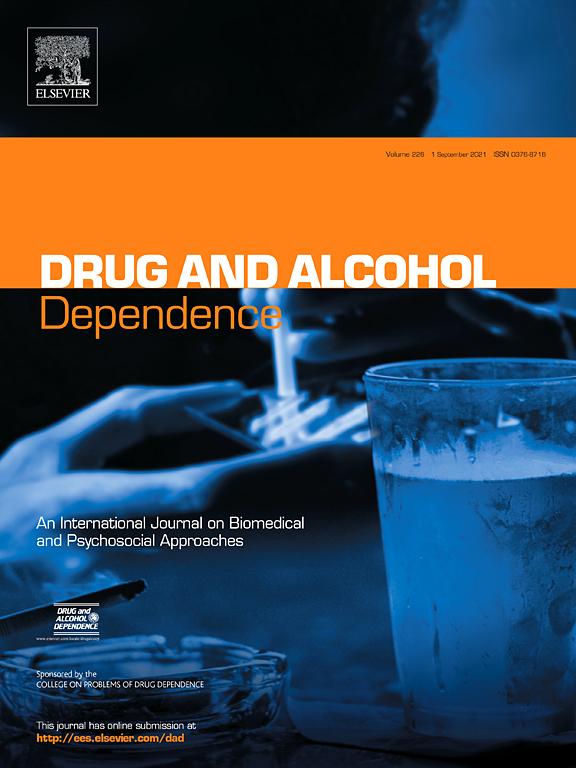Headline
Black Medicaid enrollees who spent more days in the emergency department or county jail were less likely than white enrollees to receive medications for opioid use disorder (OUD).
Context
Only one in five people with OUD receives evidence-based medications for OUD (MOUD), and this rate varies by demographic group, geographic area, and health status. Racial disparities in OUD treatment rates are common, which may be due to the impact of structural racism present in health care, human services, and the criminal justice system — but little research has been done about how these factors influence the relationship between race and receipt of MOUD. This study uses linked data sets from health, human services, and criminal justice systems in Allegheny County in Pennsylvania to determine the relationship between race, receipt of MOUD treatment, and contact with these different systems.
Findings
Black Medicaid enrollees were about 18 percent less likely than white enrollees to start MOUD. Decreases in MOUD usage were associated with days spent in county jail, days spent in the emergency department, a non-OUD substance use disorder diagnosis, and the use of intensive non-MOUD substance use disorder treatment. Additionally, Black enrollees were more likely to receive intensive non-MOUD treatment than white enrollees, which may be due to patient or provider preference, racism manifesting as provider bias, or higher rates of referrals to intensive treatment in facilities that do not offer MOUD.
Takeaways
Acute care and correctional facilities can promote access to MOUD and racial equity for people with OUD by providing opportunities to initiate OUD treatment. Using linked data sets across different systems can also advance research on racial disparities in MOUD and may inform policy decisions on the opioid crisis.



